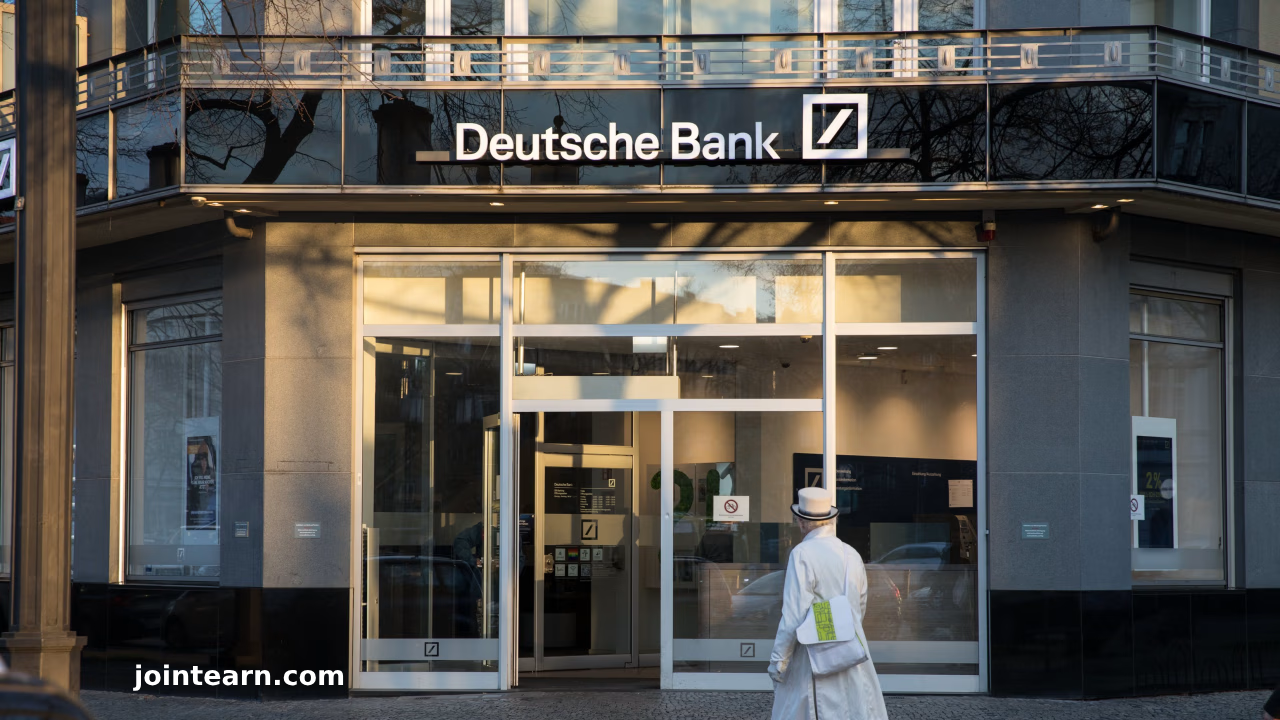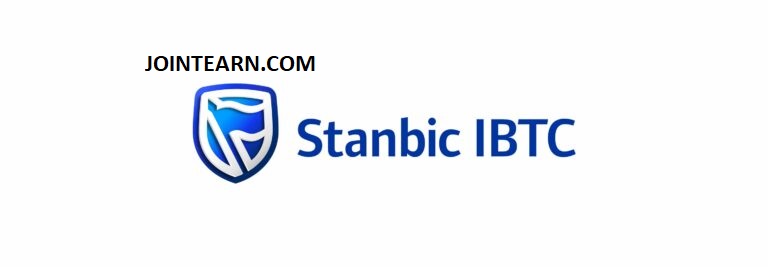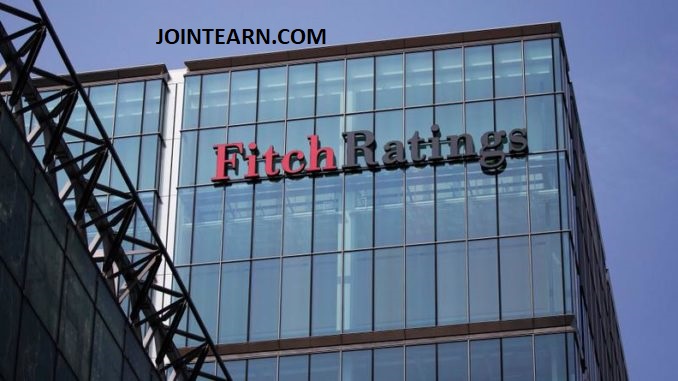Deutsche Bank’s Strong Q1 Performance Despite Challenges
Deutsche Bank (DB, DBK.DE) reported a 39% increase in first-quarter profit, driven by strong performance in its global investment banking division, which saw a notable boost in bond and currency trading amid volatile market conditions.
The German banking giant posted a net profit attributable to shareholders of 1.78 billion euros ($2.03 billion) for the quarter, up from 1.28 billion euros a year earlier, surpassing analysts’ expectations of 1.64 billion euros. This robust profit growth underscores the bank’s resilience despite facing headwinds such as a writedown related to a leveraged-finance deal and increased provisions to mitigate the impact of ongoing tariff disputes.
Impressive Revenue Growth in Trading, But Headwinds in Other Areas
Revenue from Deutsche’s fixed-income and currency trading business, one of its largest segments, rose 17%, outpacing expectations for a 10.3% increase. Analysts from JPMorgan highlighted these results as the best among Deutsche’s global competitors, demonstrating the bank’s strong position in the volatile markets.
However, not all areas of the bank’s business performed equally well. Origination and advisory services saw an 8% drop in revenue, following significant gains in recent quarters. Additionally, the bank recorded a 90 million-euro writedown on an undisclosed position within its leveraged finance business.
Navigating the Tariff Environment and Economic Uncertainty
The impact of the global trade tensions sparked by U.S. President Donald Trump’s policies continues to loom large over financial markets. Deutsche Bank, like many global banks, is taking additional provisions to address the macroeconomic uncertainties tied to ongoing tariff negotiations. CEO Christian Sewing emphasized that the bank has increased its provisions in anticipation of potential economic slowdowns, which could affect loan demand and the financial health of its corporate clients.
“Given the uncertainty in the macroeconomic environment, our provisions were higher year-on-year,” Sewing noted in a memo to staff. While Germany’s economic outlook remains uncertain, with warnings of a potential slight recession in 2025, Deutsche Bank is focused on navigating these challenges to ensure sustained profitability.
A Strong Start to a Crucial Year for Deutsche Bank
The first-quarter results represent a key milestone in Deutsche Bank’s strategic overhaul under CEO Christian Sewing. With 2025 shaping up to be a pivotal year, Sewing expressed confidence that the bank is on track to meet its ambitious targets.
“First-quarter results have put us on track for delivery on all our 2025 targets,” said Sewing. The bank has already managed to recoup more profit than it has lost over the past decade, reversing the heavy losses incurred between 2015 and 2019. While some analysts remain cautious about the feasibility of meeting all long-term goals, Deutsche’s solid performance thus far has provided a strong foundation for its future plans.
Outlook for Deutsche Bank and European Banks Amid Economic Concerns
Deutsche Bank’s quarterly results come as part of a wider trend among European banks, many of which are grappling with similar concerns regarding economic growth, tariff risks, and slowing loan demand. While the bank’s strategy focuses on cost containment and profitability, it faces challenges in an uncertain global economy, particularly within its home market in Germany, where the economy has been stagnating.
Nevertheless, the move to ease government spending caps in Germany could provide a boost to both the economy and Deutsche Bank’s prospects moving forward.












